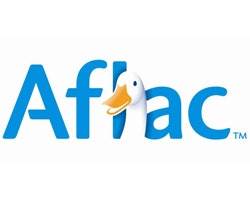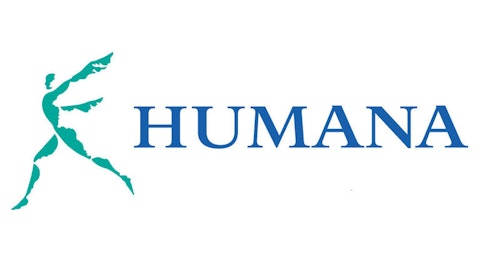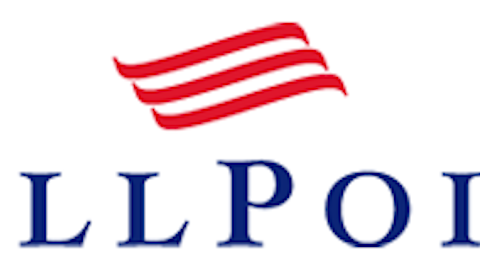AFLAC Incorporated (NYSE:AFL) shares slumped after reporting fourth quarter results that signaled slowing growth. But don’t get your feathers ruffled–Aflac should keep investors happy as a duck in water.
The supplemental health and life insurer, best recognized by its signature mascot (a pristine white duck), reported that Q4 revenue rose 6.6% to 6.4 billion and net earnings were $581 million, or $1.24 a share. That was in comparison to $1.15 a share or $538 million during the same quarter a year ago. Operating earnings were $697 million, up from $684 million in Q4 2011. The company also completed the repurchase of 1.9 million shares and said additional buybacks will be implemented.

Things look just ducky for Aflac, and the company continues to paddle like the dickens to reward shareholders. Aflac boast a 2.78% dividend yield (a 22% payout ratio) and has increased its dividend every year for the past 30. The latest increase came in December 2012, when the company raised its quarterly payout to 35 cents from 32 cents.
Following the modest earnings report, shares of the Columbus, OH based company sunk 7.5% intraday before finishing the trading day down 4.3% in a reflection that the market was looking for more. Volume was extremely active at nearly three times the stock’s daily average as investors took flight and fled. But it’s only a matter of time before market participants recognize Aflac’s strong business model and flock back to shares.
Weighing on the stock was the company’s comments that sales in Japan, its largest revenue stream, will slow this year as the weakening yen drags down earnings. Sales in the Asian nation were negatively impacted by a reduction in the so-called discounted advanced premium rate, which became effective in October. But Aflac has the most individual insurance polices of any insurance company in Japan, a presence that is irrefutably rewarding.
The company isn’t ducking pressing issues, and it continues to tread carefully both here and abroad. Alfac prudently uses debt and isn’t over-leveraged. The insurer reiterated its outlook for 2013 of earnings of $6.37 to $6.57 per share.
Health insurers like Aflac, and peers Humana Inc. (NYSE:HUM) and Wellpoint, Inc. (NYSE:WLP), all stand to benefit from Obamacare.
Officials at Louisville-based Humana see government run health insurance exchanges as a potential new avenue for business. Shares of Humana remain a favorite among scores of analysts based on valuation. But its revenue growth rate trails the industry average of 14%. The company has been on a buying spree of late, and it may take some time before all of the integrations pad Humana’s bottom line.
Wellpoint has taken a cautious stance in its 2013 outlook, saying that profits will be stable compared to 2012, or may slightly top estimates. It too has been shopping around and has purchased a cache of smaller rivals. Wellpoint has a stable historical operating performance and strong competitive position. But the Indianapolis-based company’s recently completed acquisition of Amerigroup lead rating agency Fitch to slap a negative outlook on its financial strength and default rating.
Meanwhile, Aflac retains a stellar rating among a bevy of agencies. Its strength remains in its attractiveness to its 50 million-plus customers. The company’ policies pay in addition to major medical insurance, a perk which will continue to keep Aflac in demand.
Combining innovative and strategic marketing with top-quality products and competitive prices continues to serve Aflac customers, employees and shareholders well.
Aflac may quack like a duck, but it’s as poised as a cat with the potential to soar like an eagle.
The article The Real Duck Dynasty originally appeared on Fool.com and is written by Diane Alter.
Copyright © 1995 – 2013 The Motley Fool, LLC. All rights reserved. The Motley Fool has a disclosure policy.




